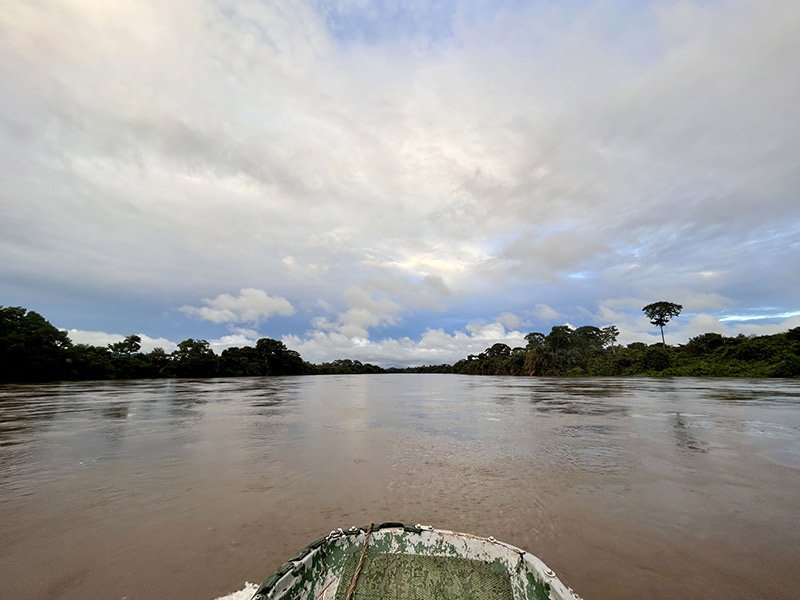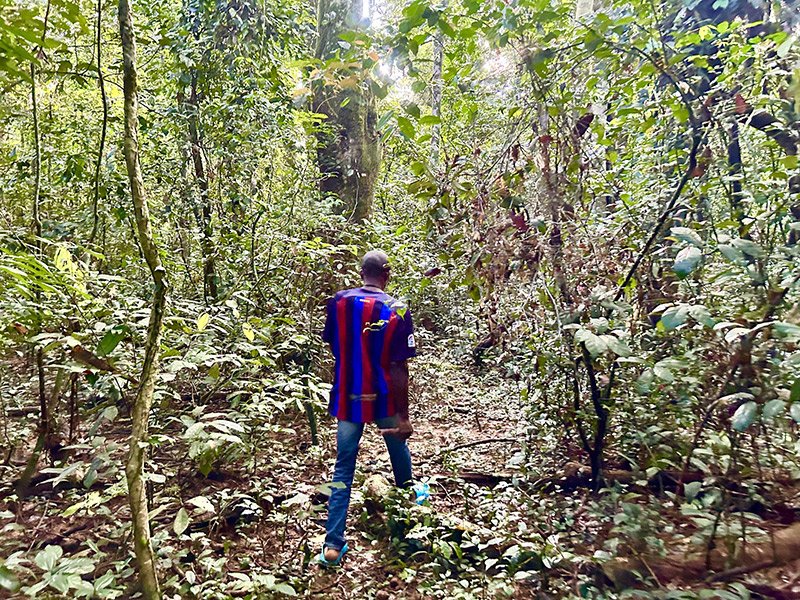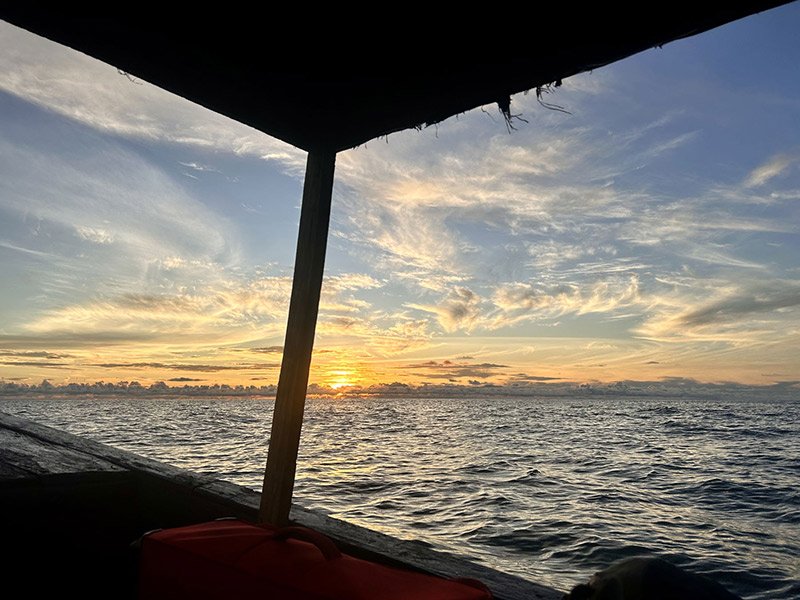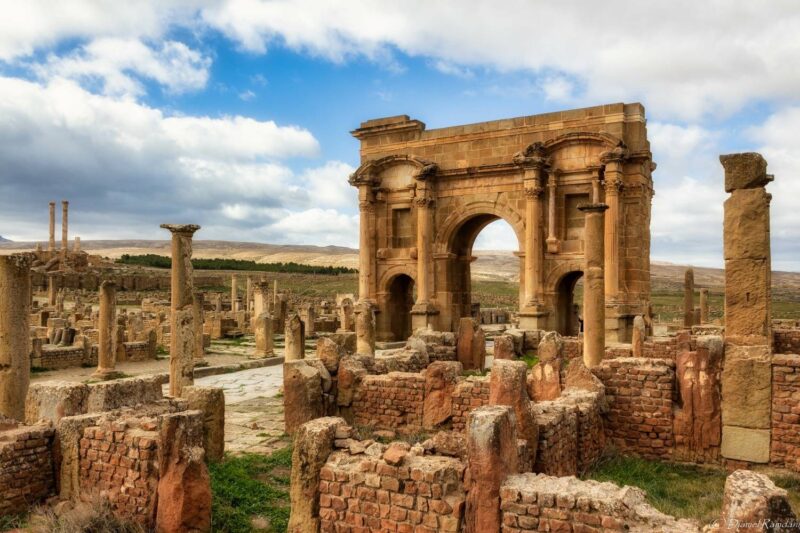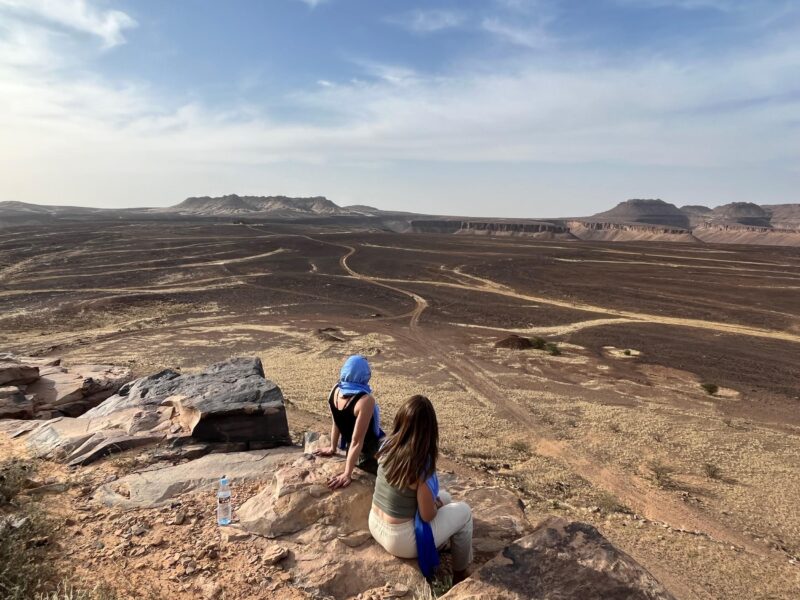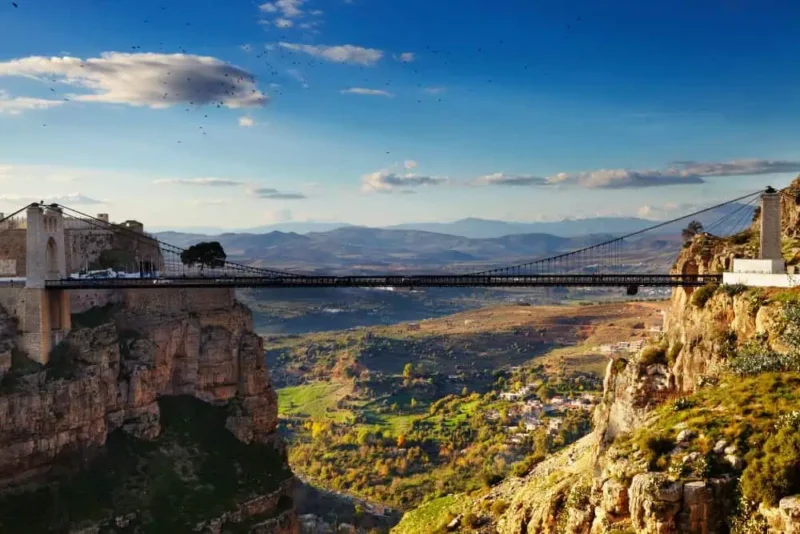| Tour Code | Start | End | Trip Status | Pricing Per person |
|---|---|---|---|---|
| SFC/061125 |
Nov 06, 2025
Thursday |
Nov 13, 2025
Thursday |
Guaranteed - Contact Us for Availability |
£2,085.00
Single Room Supplement: £255.00 |
| SFC/220126 |
Jan 22, 2026
Thursday |
Jan 29, 2026
Thursday |
Guaranteed |
£2,085.00
Single Room Supplement: £255.00 |
| SFC/190326 |
Mar 19, 2026
Thursday |
Mar 26, 2026
Thursday |
Guaranteed |
£2,085.00
Single Room Supplement: £255.00 |
| SFC/051126 |
Nov 05, 2026
Thursday |
Nov 12, 2026
Thursday |
Guaranteed |
£2,085.00
Single Room Supplement: £255.00 |
| SFC/210127 |
Jan 21, 2027
Thursday |
Jan 28, 2027
Thursday |
Guaranteed |
£2,085.00
Single Room Supplement: £255.00 |
| SFC/180327 |
Mar 18, 2027
Thursday |
Mar 25, 2027
Thursday |
Guaranteed |
£2,085.00
Single Room Supplement: £255.00 |
| SFC/041127 |
Nov 04, 2027
Thursday |
Nov 11, 2027
Thursday |
Guaranteed |
£2,085.00
Single Room Supplement: £255.00 |
Forts, Chimps and Beaches
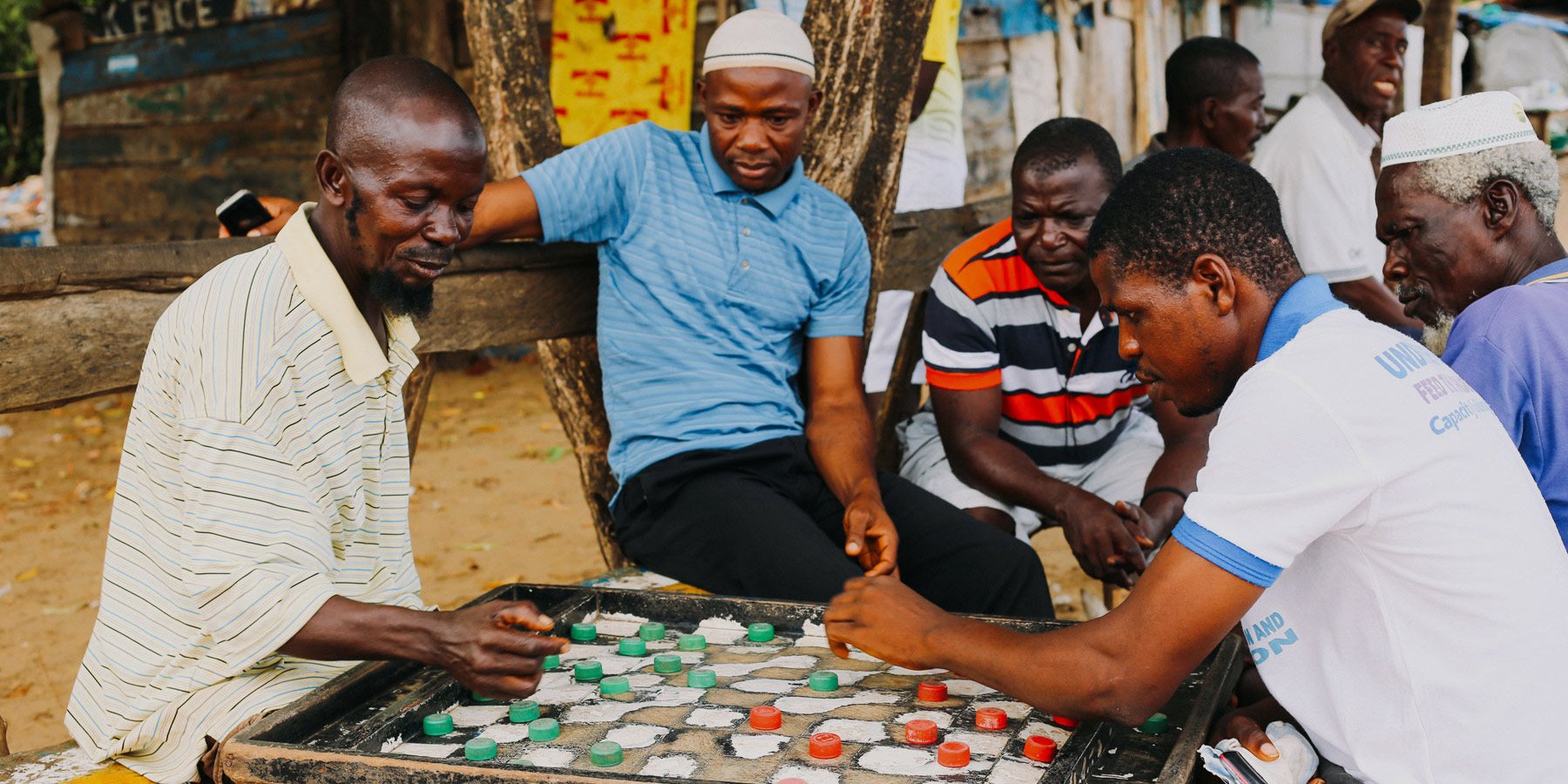
Join this small group holiday in Sierra Leone and explore the country’s little-visited forts, wildlife areas and beaches with few other foreign visitors in sight. The country is slowly shaking off its troubled imaged and is once again welcoming intrepid travellers to experience its beautiful landscapes and vibrant cultural traditions. After time spent getting to know the lively, ramshackle capital Freetown, you’ll head to Bunce Island for a sobering visit to the country’s former slave fort. Then you’ll visit the Tacugama Chimpanzee Sanctuary, a lush slice of forest near Freetown that’s dedicated to rescuing and rehabilitating endangered primates. A few days on a tiny but beautiful tropical island comes next. The Banana Islands sit just off the Freetown Peninsula and are home to clear waters, sandy beaches and friendly fishing villages, with a few old colonial relics thrown in. Your final stop is the Tiwai Island Wildlife Sanctuary, a unique rainforest island home to diverse plant, animal and bird life, where you can camp under the trees and awaken to the calls of monkeys and hornbills in the surrounding trees.
Arrival and departure transfers
Overland transport throughout with professional driver
All accommodation
Services of English-speaking guide / tour leader
Meals as listed B – Breakfast L – Lunch D – Dinner
Entrance fees for sites listed as part of the itinerary
International flights (contact us for expert advice and a quote)
Any airport taxes
Travel Insurance
Visa – when required
Drinks
Items of personal nature
Tips (Discretionary)
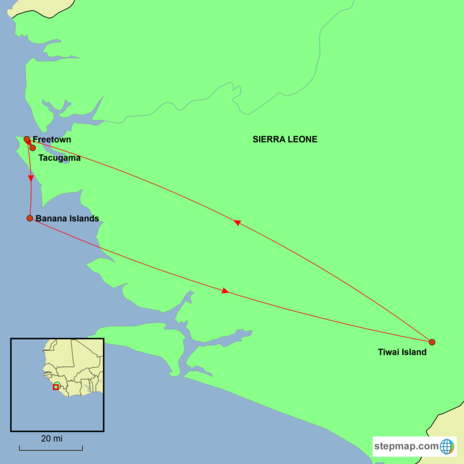
Arrive in Freetown, Sierra Leone, and transfer by boat to your hotel. Explore the city’s rich history with visits to sites like the Cotton Tree, National Museum, and Maroon Church. Journey to Tacugama Chimpanzee Sanctuary to see rescued primates in a semi-wild setting. Visit haunting Bunce Island, once a major slave trading post, and enjoy scenic peninsula beaches. Travel to Tiwai Island for rainforest camping, wildlife spotting, and cultural village tours. Continue to the Banana Islands for snorkeling, exploring ruins, and relaxing in eco-chalets. End the trip at Tokeh Beach before returning home via Freetown.
Tacugama Chimpanzee Sanctuary
Visit a 100-acre reserve near Freetown dedicated to rescuing and rehabilitating orphaned chimpanzees.
Bunce Island
Explore the powerful ruins of a former slave trading fort with deep historical significance.
Tiwai Island Wildlife Sanctuary
Camp in pristine rainforest, spot rare wildlife like pygmy hippos and wild chimpanzees, and enjoy a river boat trip.
Banana Islands
Relax on tropical beaches, snorkel among vibrant marine life and shipwrecks, and discover colonial ruins.
Freetown Historical Tour
Delve into the city’s roots with visits to landmarks such as the Cotton Tree, Railway Museum, and the Gateway to the Old King’s Yard.
Download the Information Pack
To download the tour full dossier, which includes a complete day-by-day itinerary breakdown and detailed tour information, fill in the details below.

Foreign Office Travel Warnings Before booking your tour, please familiarise yourself with the country specific information provided by the UK’s Foreign, Commonwealth and Development Office (FCDO) – www.gov.uk/foreign-travel-advice. This includes important information such as latest immigration requirements, and details of any travel advisories. We constantly monitor the advice posted by the FCDO. In particular we will always advise clients of any travel warnings. At present there are no warnings against travel to the parts of Sierra Leone that we visit on this tour. Please feel free to contact us should you have any specific concerns or would like to know in detail what measures are being taken to ensure visits remain trouble free and without incident. It should be noted that this information applies to British citizens. Other nationals are asked to check the current position of their respective government. Visa Information At the time of writing British, US and Australian nationals require a visa for a tourist visit to Sierra Leone. For further details please visit the applicable website shown below. British Nationals – www.gov.uk/foreign-travel-advice US Nationals – travel.state.gov/content/travel/en/international-travel.html Australian Nationals – www.smartraveller.gov.au Other nationals should check the latest requirements with the authorities in their home country, or with the destination’s nearest embassy or consulate. Should you require any documentation to support a visa application, such as a letter of invitation, upon request this will be provided by Undiscovered Destinations after receipt of your balance payment. As it is the travellers’ responsibility to ensure that they meet all entry requirements it is essential that you check the rules and any other conditions at the time of booking and again when making your balance payment. In addition, we would strongly advise that you make a final check around two weeks before your arrival. This is important as requirements can change at short notice. Undiscovered Destinations, when possible, will provide guidance about entry rules, but in the first instance please contact the relevant authorities, including the applicable embassy or consulate for assistance. Passports It is your responsibility to ensure that you are in possession of a full passport, valid for at least six months after the date of return to your country. We strongly advise that your passport contains a minimum of two blank pages, as this may be a requirement of the local immigration authorities. In addition, certain countries will stipulate that the two blank pages are opposite each other. If you are unable to meet these requirements, you may be refused boarding by your airline or denied entry by the immigration authorities. For specific information about the requirements for your destination please check with the country’s embassy or consulate. Alternatively, UK citizens can visit www.gov.uk/foreign-travel-advice. Vaccinations & Protection As with travel to most parts of Africa, we strongly recommend that you contact your doctor’s surgery or a specialist travel clinic for up-to-date information, advice, and the necessary vaccinations. For a visit of less than one month, almost certainly you will be advised to have immunisations against the following: Diphtheria and Tetanus, Hepatitis A, Typhoid, Meningitis. The use of a DEET-containing insect repellent is highly recommended. The legal status and regulation of some medicines prescribed or purchased in your home country can be different in other countries. If you’re travelling with prescription or over-the-counter medicine, read this guidance from NaTHNaC on best practice when travelling with medicines. For further information on the legal status of a specific medicine, you’ll need to contact the embassy, high commission or consulate of the country or territory you’re travelling to. Travel Insurance It is a condition of booking with Undiscovered Destinations that you have adequate valid travel insurance. It is your responsibility to arrange appropriate travel insurance and ensure you have read and understood the full terms and conditions of your travel insurance policy to ensure that you are covered for all activities you intend to undertake whilst on the tour, including all optional activities. Your Insurance Policy must fully cover you for medical expenses (including cover for Covid-19 conditions) and emergency repatriation to your home country and be valid for the entire duration of your holiday. Local Conditions When travelling to our destinations, many of which are underdeveloped and untouristed by mainstream tourism, a good deal of patience and a sense of humour is an important attribute. This will help you to cope with problems such as ageing or poor infrastructure and when maintenance may not be as high as we would always like. The choice of appropriate accommodation in some towns and cities (particularly the smaller places) can be limited, and standards of both service and maintenance can be less than polished. Guides and other service providers in some of our destinations do not always have the decades of collective practice and experience that their counterparts in more developed countries can draw upon. Although we will always try and resolve any issues as quickly as possible, on occasions there may be some shortcomings which no matter how hard we try will be unavoidable.
